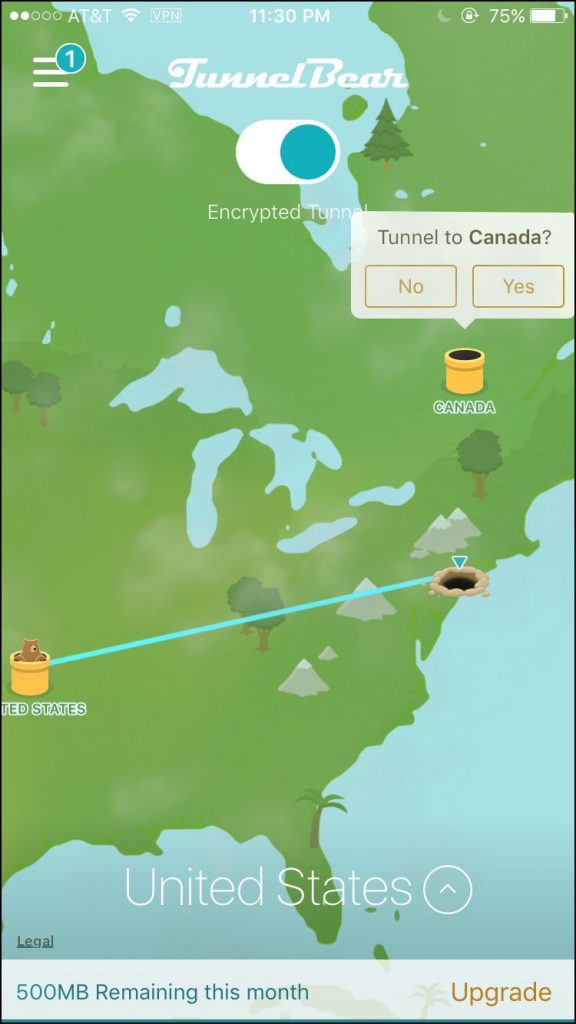Virtual private networks (also known as VPNs) are designed to shield personal information going back and forth over your internet connection by creating an encrypted “tunnel” for the data to pass through between your computer (or device) and the VPN server. If you do not have a secure connection — especially on a public wireless network that anyone could use — online intruders could potentially spy on the websites you visit and even steal passwords and other credentials you enter. Using a VPN while connected to any unprotected public access network is generally advised for information safety.

Reputable VPN services from a trusted company let you bring your own security to unsecure networks; F-Secure’s Freedome VPN, Private Internet Access and TunnelBear are among the apps with generally positive reviews. Not all VPN services are the same, though, and some may be weaker than others.
Certain apps may offer ad-blocking or location-hiding, so if you decide to permanently add a VPN app to your system, make sure it does what you want. You should also read the company’s privacy policy to see how it intends to use the data it gets from you while you use the service.
Browsing the web over a VPN can be slow, and not all online services work through the connection. For travelers, using a virtual private network on a cruise ship — which typically uses a satellite internet connection at sea — can be frustrating because some cruise lines do not support VPN services or allow only certain types of connections. Banking sites tend to have their own security, and using a VPN connection may require you to re-enter your bank login credentials.

